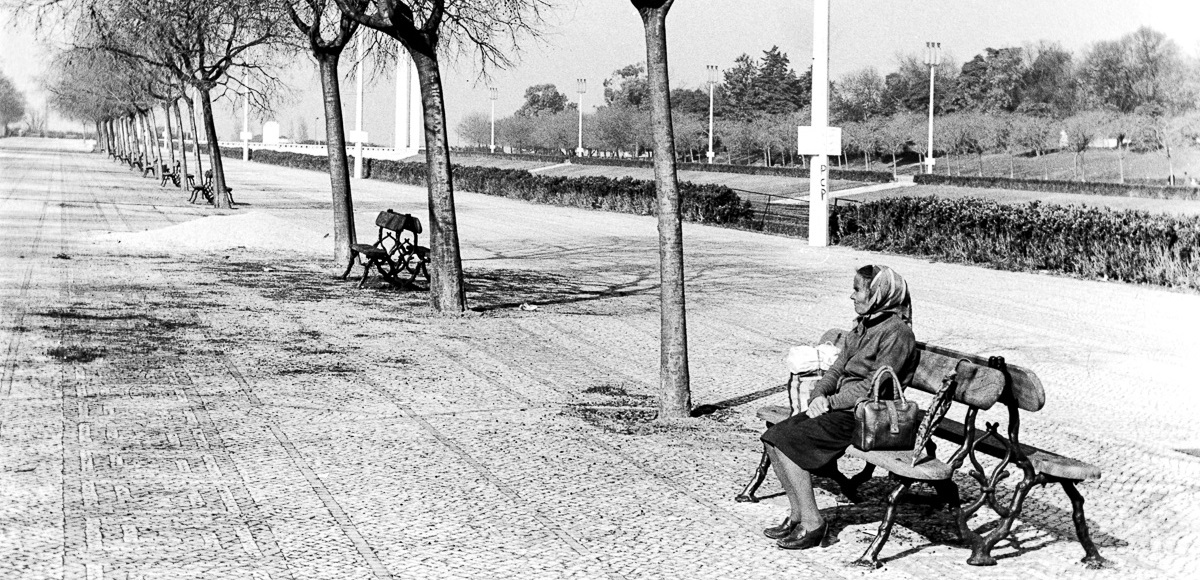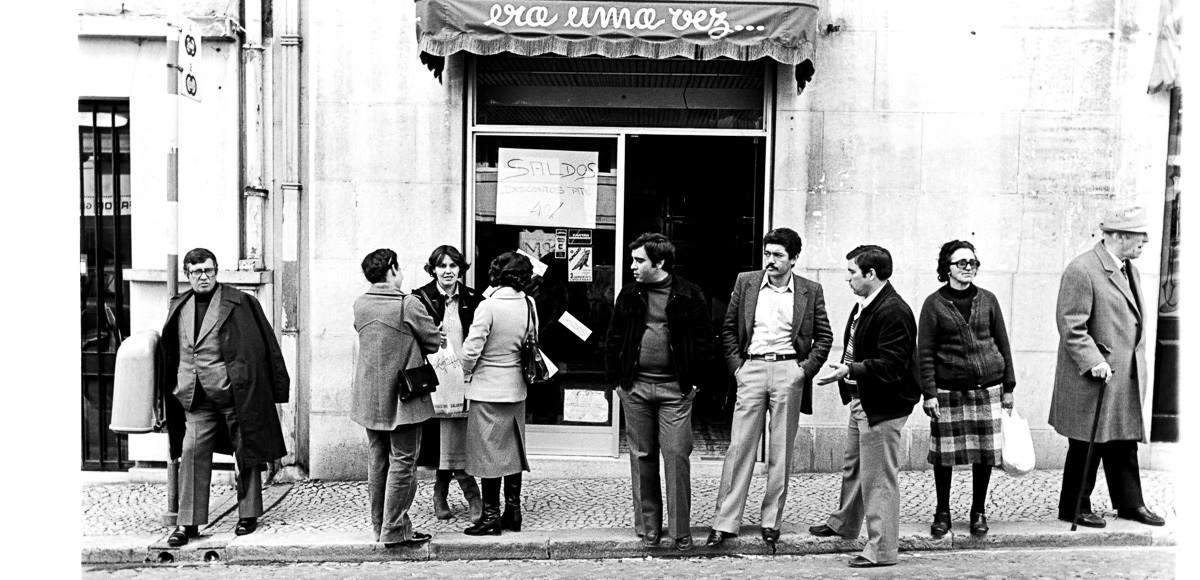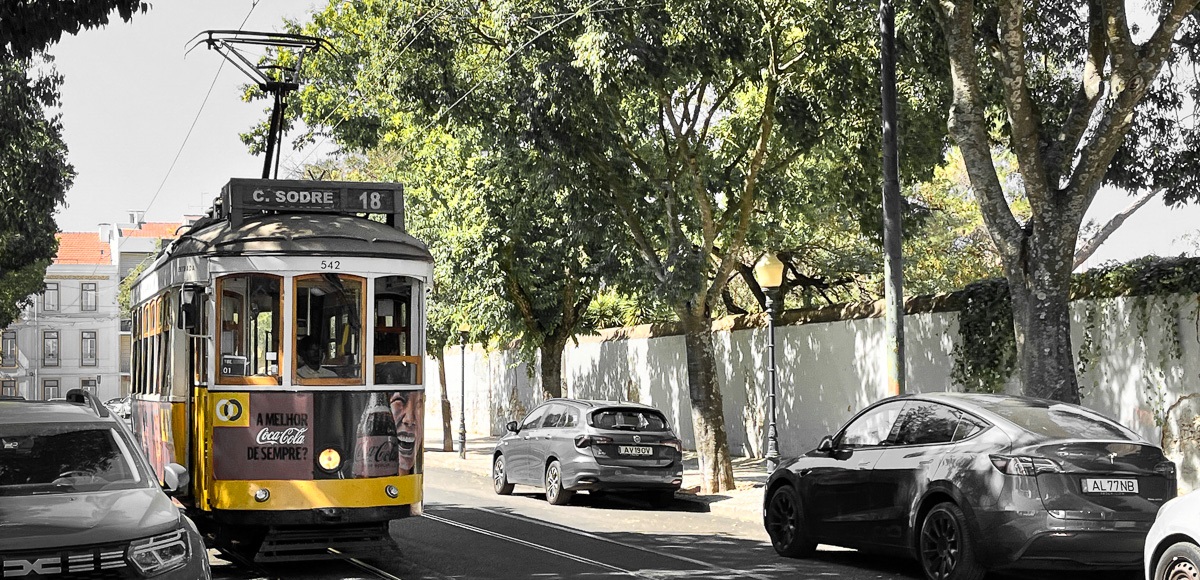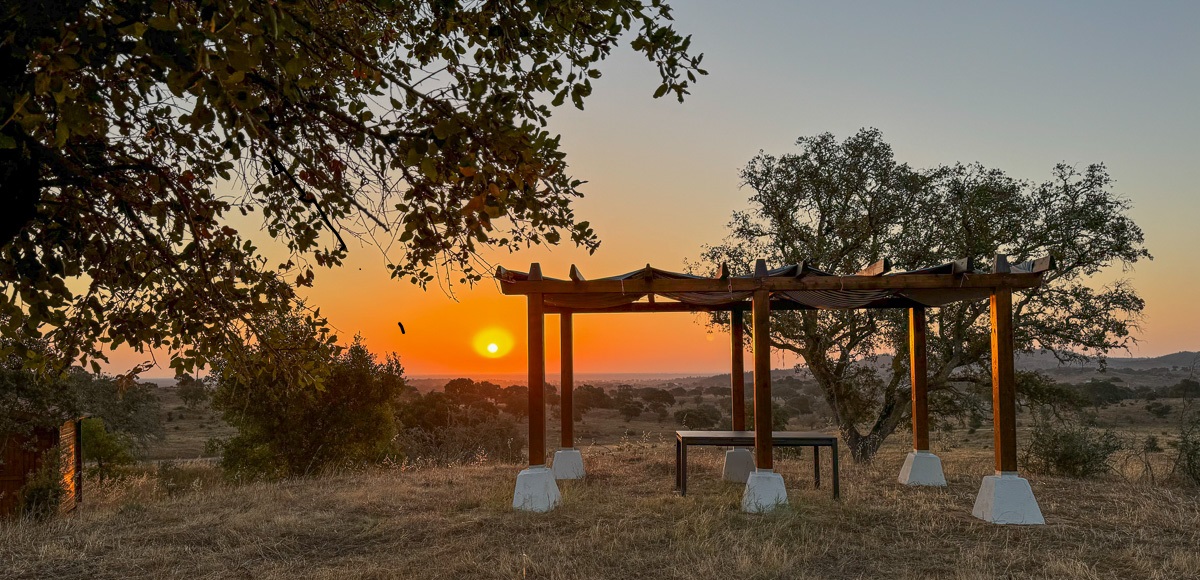Death Cafés were started a decade ago by Bernard Crettaz, a Swiss sociologist, after the death of his first wife. They are informal gatherings in public places like a restaurant or a café, where people can talk freely about death over a glass of wine, some cheese and tit bits. The concept was a success, and since then, Death Cafés have taken place in many countries. They have also been hosted in Lisbon, and AMARA has organized two of these at the Centro de Artes Culinárias.
Although death is much talked about nowadays, and is the ultimate truth for all of us one day, when death comes too close and becomes intimate, there is still a tendency to try and avoid the subject. For example, it continues to be difficult for families to acknowledge the imminent death of a loved one whilst in their presence and in some countries, doctors are asked by families not to tell the family member how serious their disease is. Futile curative treatments, such as chemotherapy, are continued until the very end, causing much unnecessary discomfort, just to avoid the truth. Family and friends continue to put on a happy hopeful front when in the presence of the person who is dying, and the sick person will dutifully play along, although he knows full well what the truth is. Although this pattern of behavior is well intentioned, and aimed to avoid the suffering of our loved ones, it does not achieve its goal and people still suffer, but alone. The truth is such an important factor for the spiritual and emotional well-being of someone with a life threatening disease and for their family. It should not be given in a brutal manner, but people should be allowed to have access to the truth at a pace and time comfortable for them. Without the truth, how can we prepare for death, talk to and forgive loved ones or ask for their forgiveness?
How can we put our affairs in order? How can we say “goodbye, I love you” to the people that matter most to us?
Without access to the truth, dying at peace becomes very difficult, and the family may be left with regrets and a feeling of emptiness which may be more difficult to overcome than the sadness that is normal when a loved one dies.
Nowadays, more and more people will die of some advanced and progressive disease, and as a responsible society, we can contribute towards a more peaceful death of the members of our society. Sometimes, it is easier for the sick person, and the family to talk truthfully to someone outside the family. Well trained volunteers or health care workers, who know how to listen, can embrace pain and suffering without that inner discomfort that makes people want to run from the truth. This outside presence may help to bridge the gap between the sick person and their family, creating a truthful closeness between them that both sides long for.

AMARA-Associação pela Dignidade na Vida e na Morte é uma IPSS com fins de saúde. Foi constituída em 8 de Outubro de 2003. (ver mais)










